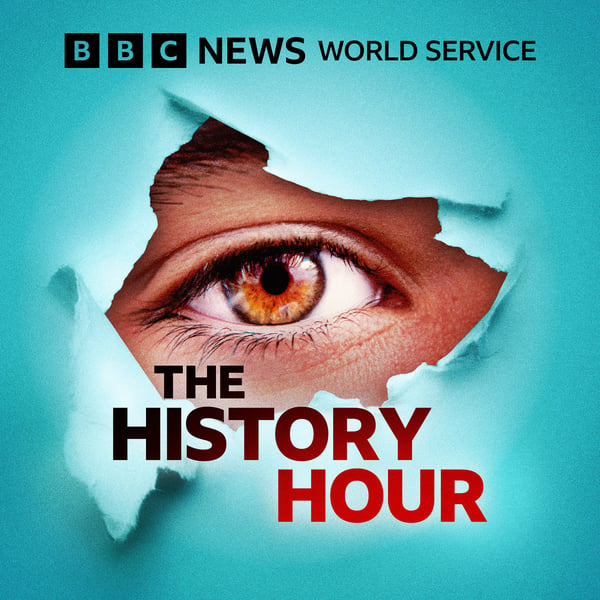Racist raids, protests and a political assassination
The History Hour
BBC
4.4 • 879 Ratings
🗓️ 12 November 2022
⏱️ 51 minutes
🧾️ Download transcript
Summary
A collection of Witness History episodes, presented by Max Pearson. We look at how racism led to raids in the 1970s and protests in the 1980s in New Zealand, and the assassination of Pim Fortyn.
In New Zealand in the 1970s, dawn raids targeted Polynesian migrants who had overstayed their work permits. In response, the community formed a resistance group, the Polynesian Panthers, in June 1971. Professor Niki Alsford of Asia Pacific Studies at the University of Central Lancashire in England, describes the importance of the apology by the New Zealand Prime Minister Jacinda Arden was to Pacific Islanders in 2021.
It’s been 20 years since one of the most controversial politicians in Europe was assassinated just days before a general election. We hear from a TV reporter who was one of the first people on the scene after Pim Fortuyn was shot.
(Photo: New Zealand Prime Minister Jacinda Arden at a service to apologise to Pacific Islanders. Credit: Fiona Goodall/Getty Images)
Transcript
Click on a timestamp to play from that location
| 0:00.0 | Hello and welcome to the History Hour podcast from the BBC World Service |
| 0:09.5 | with me Max Pearson a collection of this week's witness history episodes. |
| 0:13.6 | Coming up, it's been 20 years since the assassination of the controversial Dutch politician |
| 0:18.0 | Pimphotain. |
| 0:19.0 | It was a bit eerie, really, because from a distance I could already see something on the floor |
| 0:24.8 | which looked like a big garbage bag to me but when I got closer I could clearly see |
| 0:29.5 | that it was him laying there. In 1970s America we joined the women who founded the country's first rape crisis |
| 0:35.8 | center. Also second world war memories of a child evacuee in Britain and an anti-racist |
| 0:41.9 | demonstration against a South African rugby tour of New Zealand in the 1980s. |
| 0:46.4 | The tour was disrupted in the way that would maximise the opportunity to bring home, drive home the issue that racism was also the |
| 0:56.2 | premise on which the colonized state of New Zealand had been formed. |
| 0:59.8 | That's all coming up later in the podcast and in fact we're going to start in New Zealand where in the 1970s |
| 1:05.6 | Polynesian migrants who had overstayed their work permits experienced a particular and unsettling Resistance Group, The Polynesian Panthers in June 1971. |
| 1:24.8 | Malani and I has been speaking to Ben Henderson about how and why she founded the Polynesian |
| 1:29.1 | Panthers. |
| 1:32.1 | My dad shouted me a trip to America to visit my aunt and uncle who lived in Los Angeles. |
| 1:38.0 | But before I left, the Panthers got wind of it and gave me an assignment said you have to make contact with the Black Panther |
| 1:46.2 | Party in America so whoa whole lot of pressure on me I was terrified. |
| 1:51.1 | This is Malani and I a founding member of the Polynesian Panthers. |
| 1:55.6 | Oh my gosh, what am I going to do so, you know, being the resourceful person I was, I looked |
| 1:59.7 | them up in the telephone book. |
| 2:01.3 | Oh, and got the headquarters and spoke to this really lovely |
... |
Please login to see the full transcript.
Disclaimer: The podcast and artwork embedded on this page are from BBC, and are the property of its owner and not affiliated with or endorsed by Tapesearch.
Generated transcripts are the property of BBC and are distributed freely under the Fair Use doctrine. Transcripts generated by Tapesearch are not guaranteed to be accurate.
Copyright © Tapesearch 2025.

